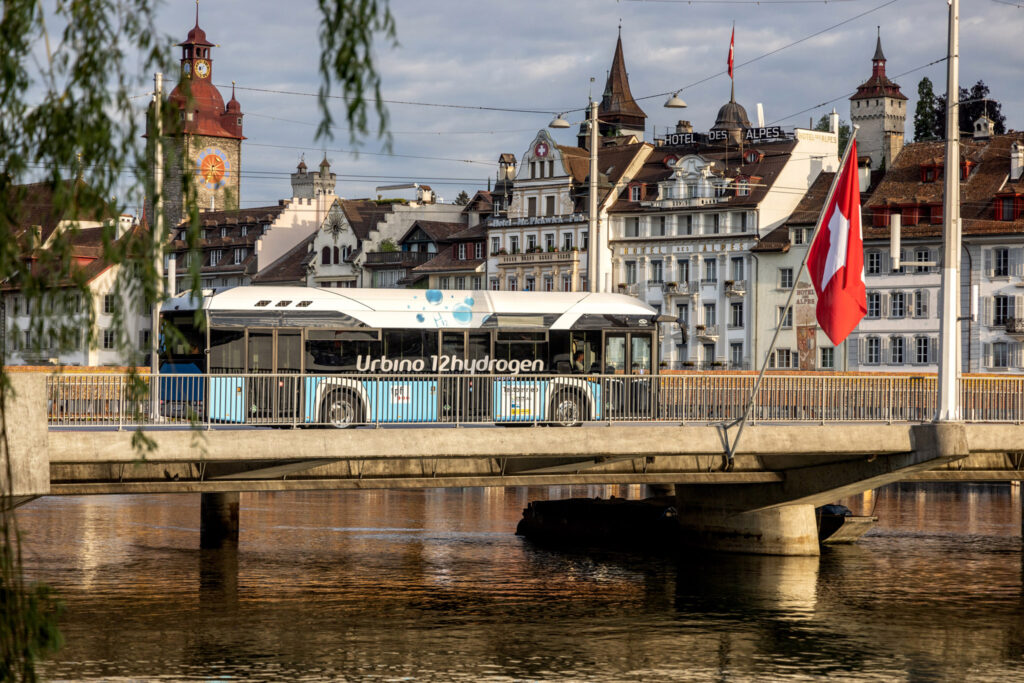
What is the green deal and how will it impact the bus industry?
The European Green Deal is a strategic transition plan for the European Union to achieve climate neutrality by 2050. The initiatives on the agenda include a transition to clean, affordable, and secure energy, widespread environmental protection with reduced air pollution and sustainable mobility.
The transportation sector is one of the largest emitters of greenhouse gases, with a global share of emissions as high as 30%. Consequently, the European Union is attaching particular importance to work in this area, with a target of a 90% reduction in transport emissions. In order to be able to meet the climate goals set out in the Green Deal, a sustainable approach to both personal and collective mobility is being promoted. Cities can offer modes of travel that have the least possible negative impact on the environment – for example, public transport.
The public transport industry’s response is, not least, the ever-expanding range of hybrid, electric, or hydrogen buses. Zero-emission vehicles are one of the priorities in the EU and nationally funded programmes.
By now, these high expectations have been confirmed by tangible data. As the latest Bloomberg report states, the e-bus market is growing steadily: the year 2022 saw an increase of 30% compared to 2021. Electric buses already hold a nearly 30% share of the city bus segment in 2022 in Europe and 44% worldwide. Meanwhile, market forecasts (BNEF) predict that the global e-bus fleet will reach 1.75 million by 2040, accounting for 62% of all buses on the road.
Recent months have also seen a remarkable development in the hydrogen economy and demonstrate its great potential for the use of hydrogen as an alternative fuel, which translates into an increasing number of carrier orders for buses fitted with this system. Close to 100 hydrogen city buses were registered in Europe in 2022 alone.
Check out Solaris’ low and zero emission offer
Greening public transport also involves the implementation of new digital technologies that enable the rational use of low-emission urban public transport and more efficient management of rolling stock and control systems. It also includes investments to improve traffic flow, replace obsolete rolling stock and integrate various modes of transport, including freight, which serves to provide a direct reduction in emissions.